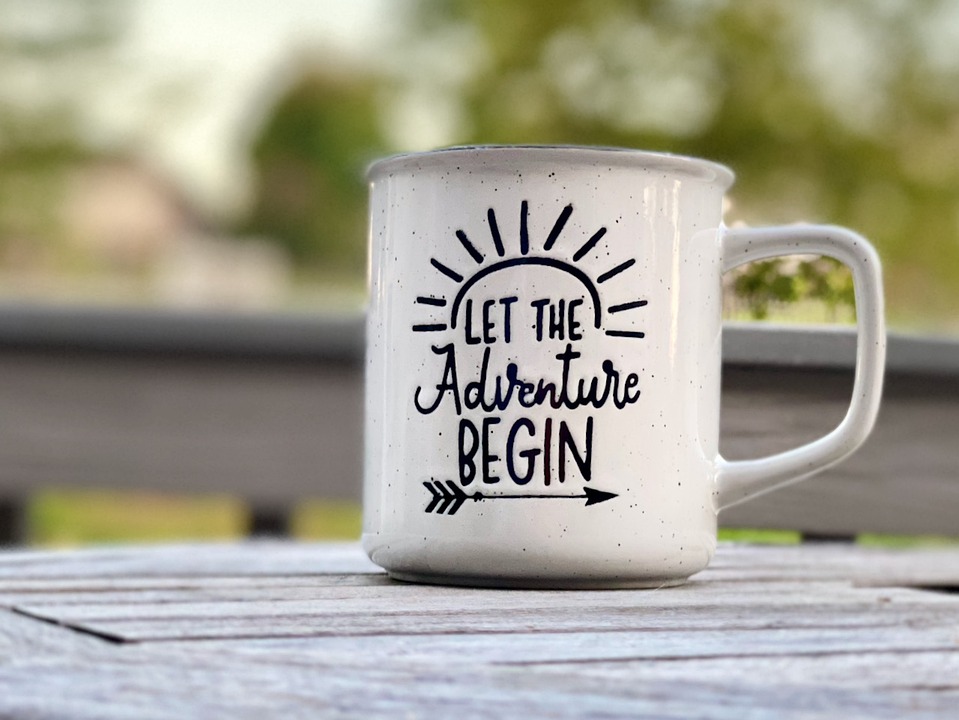The Neuroscience of Experience: How Our Brains Process Life Lessons
The human experience is a tapestry woven from countless moments, each shaping who we are and how we perceive the world. From the joy of a child’s laughter to the heartbreak of loss, each experience leaves an indelible mark on our brains. As we navigate life, our minds are not passive observers but active participants, processing and encoding lessons into the very fabric of our neural architecture. Understanding the neuroscience behind this process provides a fascinating insight into how we learn, adapt, and grow.
The Brain’s Learning and Memory Systems
Central to how we process experiences are the brain’s learning and memory systems, particularly the hippocampus and the amygdala. The hippocampus is crucial for forming new memories and is particularly involved in declarative memory, which includes facts and events. It allows us to remember specific experiences and learn from them. The amygdala, on the other hand, is involved in emotional processing and plays a pivotal role in how we respond to experiences filled with strong emotions, such as fear or joy.
When we encounter a new experience, sensory information is first processed in various areas of the brain. This information then converges in the hippocampus, where it’s integrated with existing memories. The emotional context provided by the amygdala enhances this process—strongly emotional experiences tend to be encoded more vividly and can be recalled more easily.
Neuroplasticity: The Brain’s Adaptive Power
One of the most remarkable features of the brain is its neuroplasticity—the ability to reorganize and form new neural connections throughout life. Neuroplasticity allows us to adapt to new experiences, learn new skills, and recover from injuries. When we face challenges or learn from mistakes, our brains undergo physical changes. Neurons that fire together wire together, meaning that repeated experiences strengthen certain pathways while weakening others.
This adaptability is crucial for personal growth. For instance, someone who has faced adversity may develop a greater resilience towards future challenges. The brain not only retains memories of these experiences but also modifies its responses based on past lessons, ensuring that learning is an ongoing, evolving process.
The Role of Emotion in Learning
Emotions play a critical role in determining how we learn from our experiences. The interplay between the amygdala and the hippocampus means that emotionally charged events are often remembered more vividly than neutral ones. This emotional tagging helps prioritize which experiences are deemed significant.
Moreover, emotions can act as catalysts for behavior. For example, encountering a threatening situation may prompt an immediate emotional response, leading to either flight or fight. In contrast, positive experiences—like the warmth of a smile or the achievement of a goal—can motivate us to seek similar experiences in the future. The brain’s reward centers, primarily involving dopamine pathways, reinforce behaviors associated with pleasurable outcomes, encouraging us to repeat those actions.
Life Lessons and Personal Growth
As we age, we accumulate a diverse array of experiences, each serving as a lesson that informs our decision-making and shapes our identity. The synthesis of these lessons occurs through a process known as reflective learning, where we analyze our experiences to derive insights that guide future behavior. This metacognitive approach is essential for holistic personal development.
For example, someone who has navigated a challenging relationship may learn the importance of communication and boundaries. The lessons gained from that experience are not merely individual memories; they become part of the individual’s broader understanding of relationships, influencing their interactions in the future.
Conclusion: Crafting a Life Story
In essence, the way our brains process experiences is a dynamic interplay between memory, emotion, and learning. Each lesson learned is an opportunity for growth, shaping our identities and guiding our futures. As we understand the neuroscience behind our experiences, we gain a deeper appreciation for the remarkable capabilities of the human brain.
Embracing life’s lessons, both good and bad, shapes who we are and continues to mold us as we move forward. By recognizing the power of our experiences and the capacity of our brains to change, we can become more intentional in our learning journeys, actively crafting a narrative that enriches our lives and contributes to our well-being. Ultimately, this understanding empowers us to navigate life’s complexities with greater resilience and wisdom, creating a fulfilling life story in the process.


